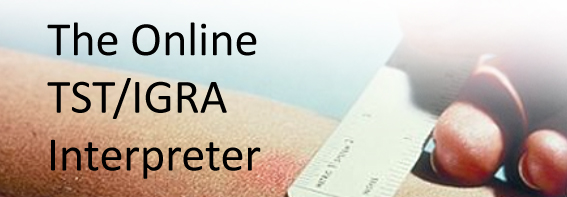PLoS One
. 2020 Oct 22;15(10):e0240710.
doi: 10.1371/journal.pone.0240710. eCollection 2020.
Global impact of environmental temperature and BCG vaccination coverage on the transmissibility and fatality rate of COVID-19
Amit Kumar 1 , Shubham Misra 1 , Vivek Verma 1 , Ramesh K Vishwakarma 2 , Vineet Kumar Kamal 3 , Manabesh Nath 1 , Kiran Prakash 4 , Ashish Datt Upadhyay 5 , Jitendra Kumar Sahu 6
Affiliations
- PMID: 33091086
- DOI: 10.1371/journal.pone.0240710
Abstract
The 2019-Coronavirus (COVID-19) pandemic has had a global impact. The effect of environmental temperature on transmissibility and fatality rate of COVID-19 and protective efficacy of Bacillus Calmette-Gu?rin (BCG) vaccination towards COVID-19 remains ambiguous. Therefore, we explored the global impact of environmental temperature and neonatal BCG vaccination coverage on transmissibility and fatality rate of COVID-19. The COVID-19 data for reported cases, deaths and global temperature were collected from 31st December 2020 to 3rd April 2020 for 67 countries. Temperature data were split into quartiles for all three categories (minimum temperature, maximum temperature and mean temperature). The impact of three types of temperature data and policy of BCG vaccination on COVID-19 infection was determined by applying the multivariable two-level negative binomial regression analysis keeping daily new cases and daily mortality as outcome. The highest number of cases fell in the temperature categories as following: mean temperature in the second quartile (6?C to 10.5?C), median 26, interquartile range (IQR) 237; minimum temperature in the first quartile (-26?C to 1?C), median 23, IQR 173; maximum temperature in the second quartile (10?C to 16?C), median 27.5, IQR 219. For the minimum temperature category, 28% statistically significant lower incidence was noted for new cases from the countries falling in the second quartile (2?C to 6?C) compared with countries falling in the first quartile (-26?C to 1?C) (incidence rate ratio [IRR] 0.72, 95% confidence interval [CI] 0.57 to 0.93). However, no statistically significant difference in incidence rate was observed for mean temperature categories in comparison to the first quartile. Countries with BCG vaccination policy had 58% less mortality as compared with countries without BCG coverage (IRR 0.42; 95% CI 0.18 to 0.95). Our exploratory study provides evidence that high temperature might not be associated with low transmissibility and countries having neonatal BCG vaccination policy had a low fatality rate of COVID-19.



Comment